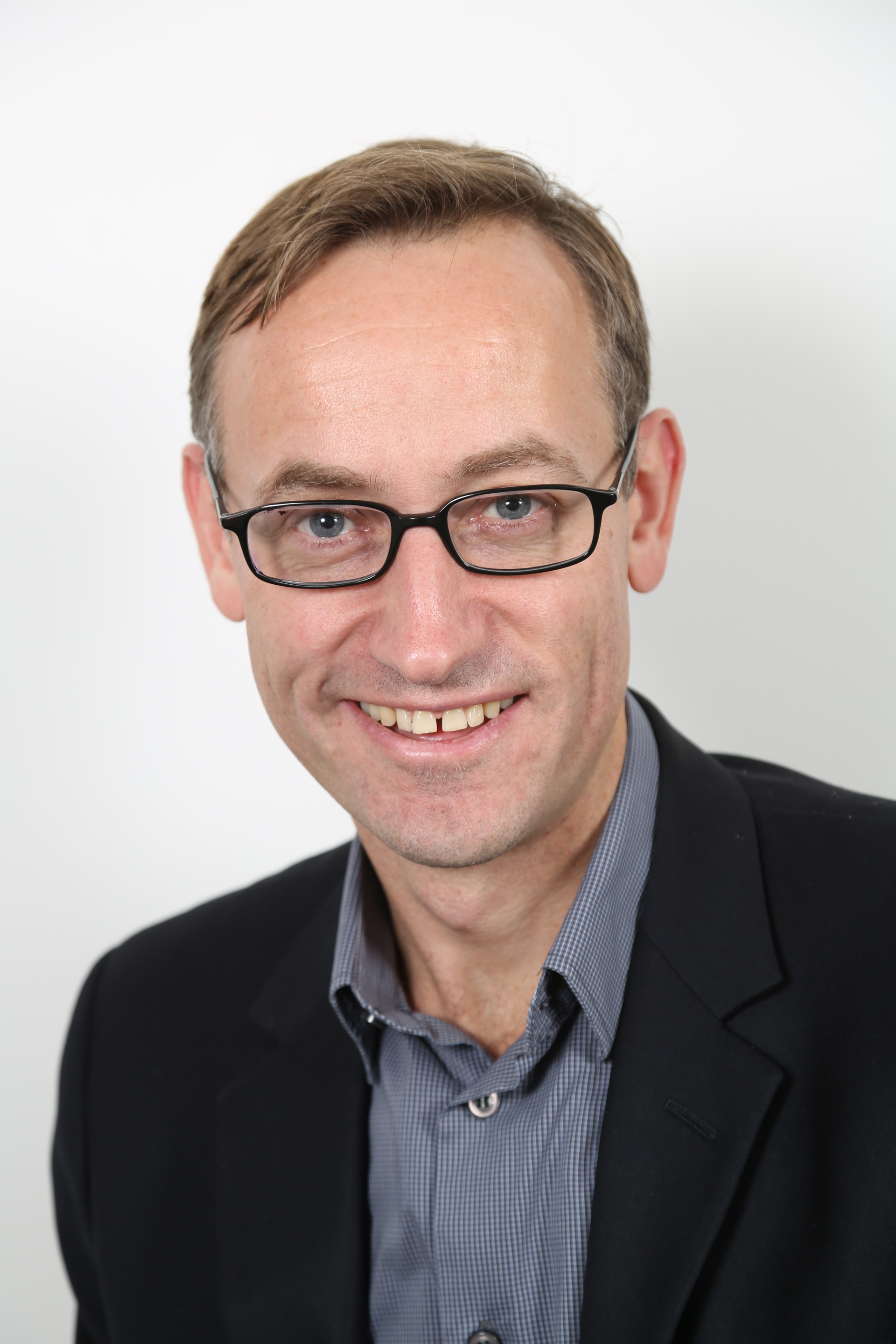Dr Damian Tambini is Distinguished Policy Fellow in the Department of Media and Communications at LSE, where he also serves as Programme Director for the MSc Media and Communications (Governance).
Dr Tambini is an expert in media and communications regulation and policy, and active in policymaking as well as academic research. He is frequently called to give evidence to parliamentary committees and provide formal and informal policy advice to government.

Damian, did you always intend to go into academia? If not, what made you pursue a career in this field?
Before I became a full time academic, in my last job at Oxford, I had no intention of going into academia. I was obsessed with media policy and the practical task of reforming media institutions. I fell back into academia mainly because it was more family friendly than think-tanks or government, and enabled me to spend more time with my kids when they were small. But then I realised that academia can be a great place to be working on public policy, particularly after I came to the LSE. You have independence and are exposed to stimulating ideas and the latest research, and have the great luxury of freedom to say and publish what you want, rather than push the position of a campaign, a party or a company. As I spent more time teaching media policy and working at the intersection of policy, research and government, and a lot of time working with international organisations, parliaments, and governments on issues of media and communications policy however, I realised that many of the existing theoretical frameworks in media and communications were inadequate to the challenges faced by those seeking to reform media systems. Whereas research and empirical findings by media scholars are very useful to policy, media and communications ‘theory’ as it currently stands, doesn’t provide much guidance to practical policymakers or media reform campaigners, so I have returned to theoretical work to try to correct this.
What made you interested in media and communications and specifically the area you research?
Power. In societies based on the idea of popular sovereignty or consent, the nature and extent of state control of the institutions that shape public opinion is crucial to legitimacy, and not well understood.
What advice would you give students who are thinking of pursuing a PhD or a career in academia?
Think hard about this decision. Don’t do it because you can’t think of anything else to do. Make sure you have solid funding in place and that you are driven by a genuine passion for a research area, one that will sustain you for the 4 or 5 years it could take you to do a PhD, and beyond.
What was the main issue of the day in terms of media and communications when you were a student? How has it developed?
Good question: there is a danger of faddishness in the field of media and communications. As someone once said: “social scientists don’t solve problems, they just get bored of them.” I did not study media and communications before working at LSE, but came from the disciplines of sociology political science and law. There are a lot of intellectual fads and concepts that offer new insights into old problems, and responses to societal and technological changes, but in many ways study of media has stayed focused on the same issues: ideology and power.
What do you think is the most important contemporary issue in the field of media and communications, both for soon to graduate students and for long time professionals in the field?
We don’t know this yet. I am in favour of individual students coming up with their own insights about what they themselves view as the core issues. Then we can talk about how they fit into a wider theoretical framework. If you press me hard I can of course give you a list of my own obsessions or you can read about them.
What do you enjoy most about teaching students and why?
Constant surprises, challenges, criticism, dialogue and the sense of tectonic plates shifting in peoples thinking; people finding their voice - and using it, hopefully to challenge the assumptions of their teachers.
What do you like doing when you’re not busy being an academic?
Ride my bicycle, cook and dad dance.